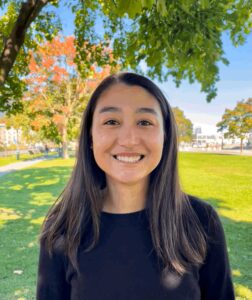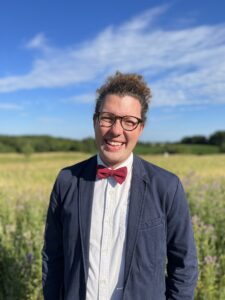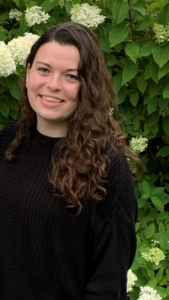Rutgers is leading the way in training and diversifying the next generation of addiction researchers, clinicians, and practitioners. We have trainees working in addiction research with mentors across multiple campuses, schools and departments, as well as research domains and subject interests.
-

Postdoctoral Fellow
School of Arts & Sciences – New Brunswick , Psychology
Brianna.altman@rutgers.edu -

Graduate Student
Robert Wood Johnson Medical School , Neuroscience, Psychiatry
ea472@ubhc.rutgers.edu -

Graduate Student
Graduate School of Applied and Professional Psychology , Clinical Psychology
jahnayah.bellot@rutgers.edu -

-

Graduate Student
Graduate School of Applied and Professional Psychology , Clinical Psychology
Tamina.daruvala@rutgers.edu -

-

-

Postdoctoral Fellow
Graduate School of Applied and Professional Psychology , Center for Alcohol and Substance Use Studies
jordan.gette@rutgers.edu -

Graduate Student
School of Arts & Sciences – New Brunswick , Psychology
sergej.grunevski@rutgers.edu -

-

Postdoctoral Fellow
Robert Wood Johnson Medical School , Neuroscience and Cell Biology
ek796@rwjms.rutgers.edu -

-

-

-

-

Postdoctoral Fellow
School of Arts & Sciences – New Brunswick , Kinesiology and Health
julianne.price@rutgers.edu -

-

-

-

Undergraduate Honors Research Assistant
Robert Wood Johnson Medical School , Psychiatry
sas738@ubhc.rutgers.edu -

Graduate Student
School of Arts & Sciences – Newark , Center for Molecular and Behavioral Neuroscience
dixitsheron@gmail.com -

Postdoctoral Fellow
School of Public Health , Health Behavior, Society & Policy
caitlin.weiger@rutgers.edu

